Diwali, or Deepawali, is as important to Hindus as the Christmas holiday is to Christians; indeed, over the centuries, it has become a national festival that is enjoyed by most Indians regardless of faith.
Photo Credit: DJ Nagwani/Flickr (file)
Diwali gets its name from the row, avali, of clay lamps, deepa, that celebrants light outside their homes to symbolise the triumph of inner light over spiritual darkness. Indians celebrate with family gatherings, glittering clay lamps, festive fireworks, strings of electric lights, bonfires, flowers, sharing of sweets and worship to Lakshmi, the goddess of wealth.
The holiday is celebrated on 3rd November this year, originated as a harvest festival that marked the last harvest of the year before winter. India was an agricultural society where people would seek the divine blessing of Lakshmi as they closed their accounting books and prayed for success at the outset of a new financial year. Today, this practice extends to businesses all over the Indian subcontinent, which mark the day after Diwali as the first day of the new financial year.
 The Diwali story has a different significance for Hindus, dependant on where they live in India:
The Diwali story has a different significance for Hindus, dependant on where they live in India:
- For northern Indians, the day celebrates King Rama’s return to Ayodhya after he defeated Ravana by lighting rows of clay lamps
- South India celebrates it as the day that Lord Krishna defeated the demon Narakasura
- In western India the festival marks the day that Lord Vishnu, the Preserver (one of the main gods of the Hindu trinity) sent the demon King Bali to rule the nether world
In all interpretations, one common thread rings true—the festival marks the victory of good over evil.
Photo Credit: Ishan Manjrekar/Flickr (file)
The Five Days of Diwali
 On the first day of Diwali, housewives consider it auspicious to spring clean the home and shop for gold or kitchen utensils.
On the first day of Diwali, housewives consider it auspicious to spring clean the home and shop for gold or kitchen utensils.
On the second day, people decorate their homes with clay lamps or diyas and create design patterns called rangoli on the floor using colored powders or sand.
The third (and main) day of the festival is when families gather together for Lakshmi puja, a prayer to Goddess Lakshmi followed by mouth-watering sweets and firework festivities.
The fourth day is seen as the start of the new year when friends and relatives visit with gifts and best wishes for the season.
On the last day of Diwali, brothers visit their married sisters who welcome them with love and a lavish meal.
Photo Credit: Alpha/Flickr (file)
If you would like to celebrate Diwali in Stockholm this year, we have a list of celebrations below. If you know of any more events that are taking place in the city, please do let us know.
Helenelund Hindu temple
The Hindu Mandir Society was established in 1980s to serve the Indo-Swedish community of Stockholm. A religious, non-profit charity; the primary aim of this society is to provide a temple and community centre to meet the spiritual, ritual, ceremonial and social needs of Hindus. The Hindu Mandir secures the Hindu way of life based on Vedic traditions, whilst at the same time being an integrated part of Swedish society.
Address: Åkervägen 1, 191 40 Sollentuna, Sweden
Website: www.mandirstockholm.com
Tel No: 08 357 222; email address: helenalundhindumandir@gmail.com
Opening Hours: Everyday 07.00 – 10.00 & 17.00 – 20.00; Daily Aartis 07.00 & 19.00
Diwali Celebration: Sunday, 3rd November 2013
Other Celebrations
Global Fusion: DR. L. Subramaniam at Berwaldhallen on Thursday 31st October at 19:00.
Indo-Swedish Association: Jugalbandi and Bollywood dance on Saturday 2nd November from 13:00 to 16:00.
A tribute to Ravi Shankar on Sunday 3rd November at 14:00.
Deepavali celebrations at the Embassy of Sri Lanka on Sunday 4th November from 16:30 to 19:30.
To all of those who celebrate, Your Living City wishes you a very happy Diwali!








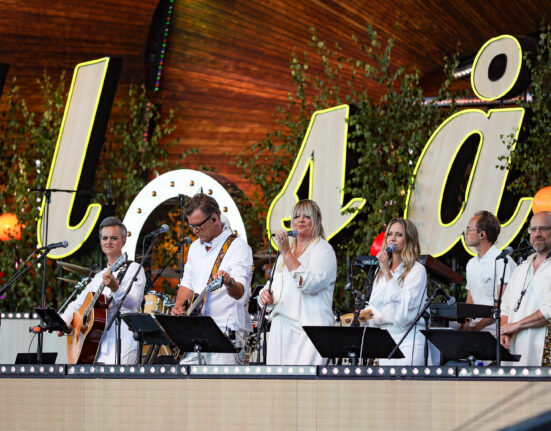
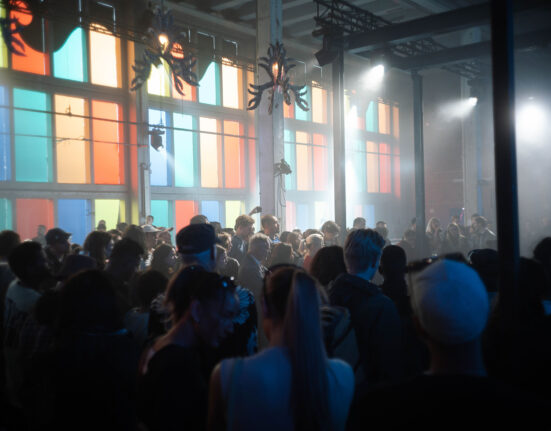
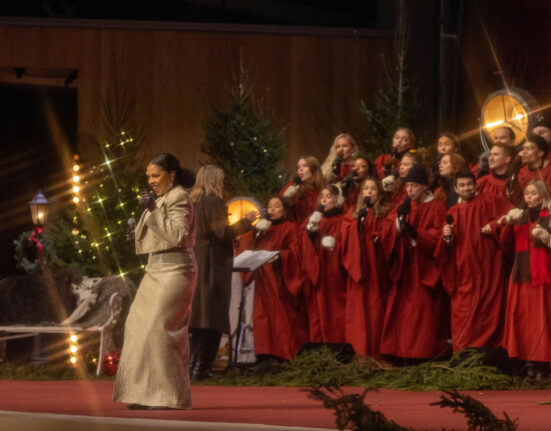
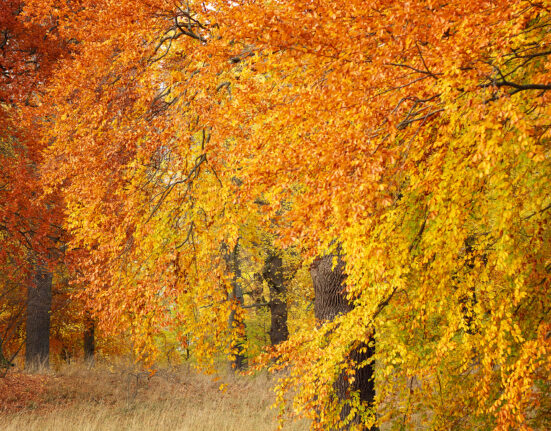
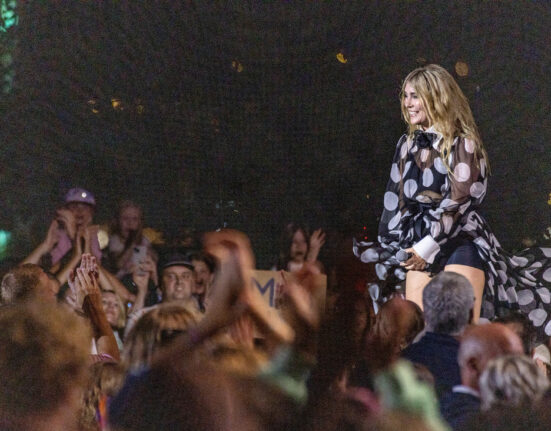
5 Comments